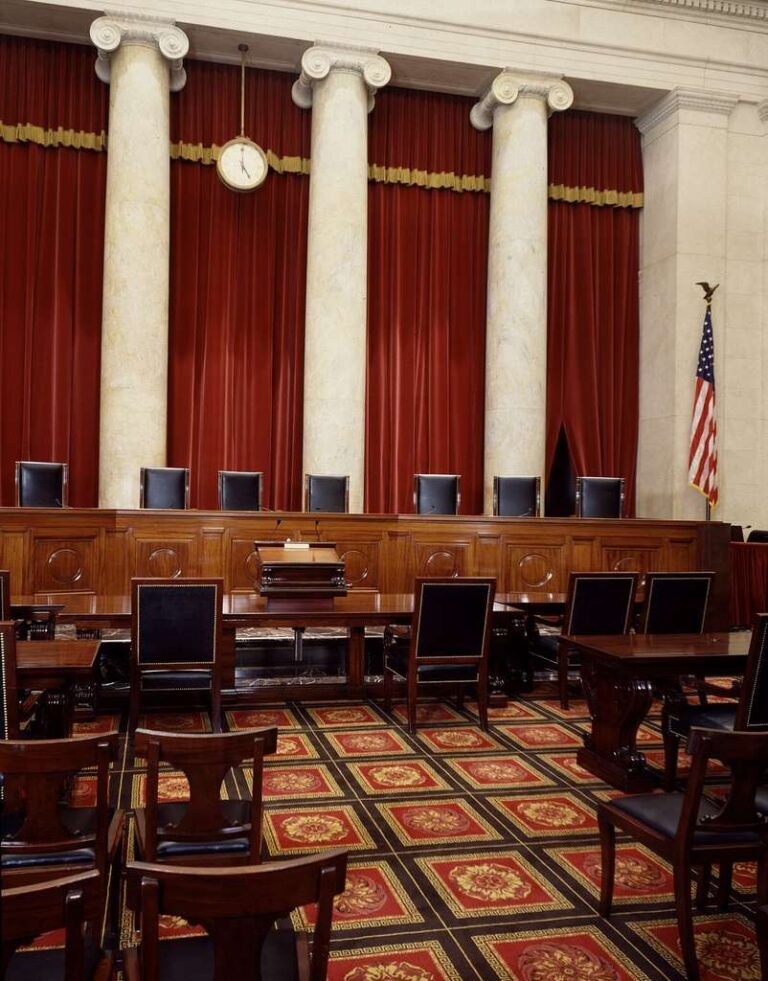Maia Usui is a student at Harvard Law School.
The week ended with some good news, as the Commerce Department reported GDP growth of 2.9% for the third quarter — the highest rate we’ve seen in two years. Wages and benefits were also up, according to the Labor Department. POLITICO reports on what these strong numbers might mean for Donald Trump — who has built his campaign on a message of economic doom and gloom — as the election nears.
Speaking of which, a new poll from the AFL-CIO reveals that Trump’s popularity among union members is waning, with only about 30% still supporting him. The AFL-CIO — which has endorsed Hillary Clinton — and other unions are now ramping up efforts to get out the vote for their candidate, with a plan to contact millions of voters before the election. POLITICO has more.
Meanwhile, some working-class voters still question whether Clinton is the right candidate for them. In its latest issue, The New Yorker discusses the Democratic Party’s complicated past with the working class — and Clinton’s chances of winning them back.
The Supreme Court continues to select cases for its new Term, and this week it granted review in Gloucester County School Board v. G.G. The Court will decide whether public schools can be required, under Title IX, to allow transgender students to use bathrooms that conform with their gender identity. Commentators have already noted the potential implications for private employers and their obligations under Title IX’s sister statute, Title VII.
And finally, in recent gig news, Britain’s controversial decision on Uber drivers (covered on this blog here and here) continues to stir up debate. The Guardian and The Telegraph offer opposing viewpoints.






Daily News & Commentary
Start your day with our roundup of the latest labor developments. See all
October 13
Texas hotel workers ratify a contract; Pope Leo visits labor leaders; Kaiser lays off over two hundred workers.
October 12
The Trump Administration fires thousands of federal workers; AFGE files a supplemental motion to pause the Administration’s mass firings; Democratic legislators harden their resolve during the government shutdown.
October 10
California bans algorithmic price-fixing; New York City Council passes pay transparency bills; and FEMA questions staff who signed a whistleblowing letter.
October 9
Equity and the Broadway League resume talks amid a looming strike; federal judge lets alcoholism ADA suit proceed; Philadelphia agrees to pay $40,000 to resolve a First Amendment retaliation case.
October 8
In today’s news and commentary, the Trump administration threatens no back pay for furloughed federal workers; the Second Circuit denies a request from the NFL for an en banc review in the Brian Flores case; and Governor Gavin Newsom signs an agreement to create a pathway for unionization for Uber and Lyft drivers.
October 7
The Supreme Court kicks off its latest term, granting and declining certiorari in several labor-related cases.